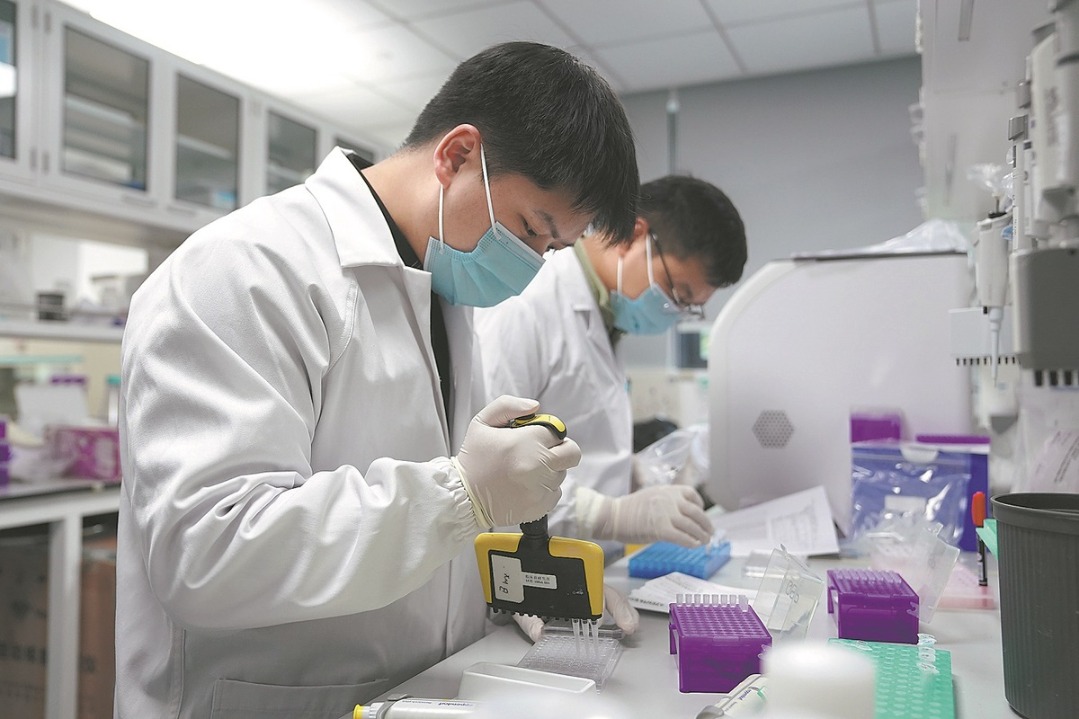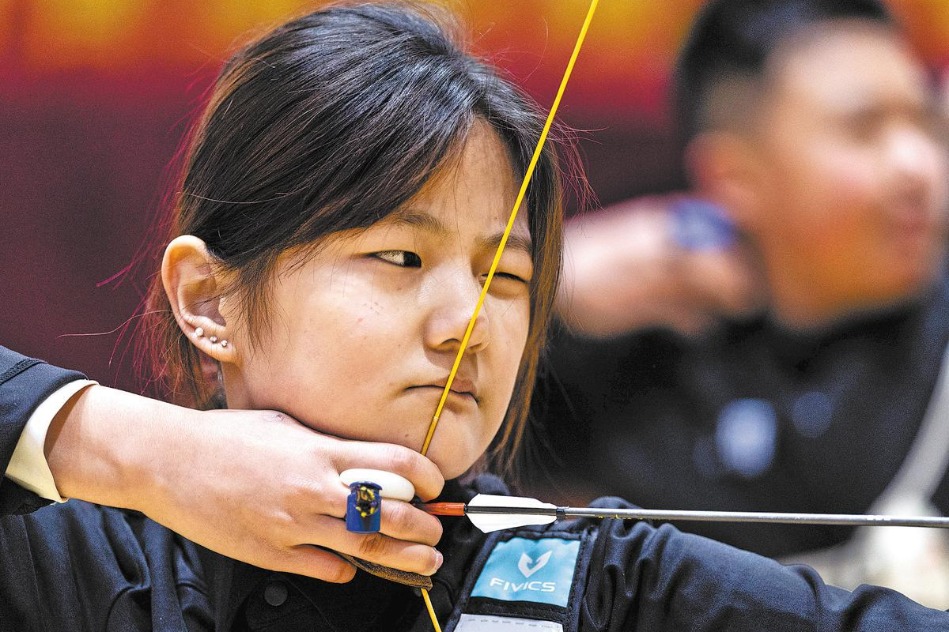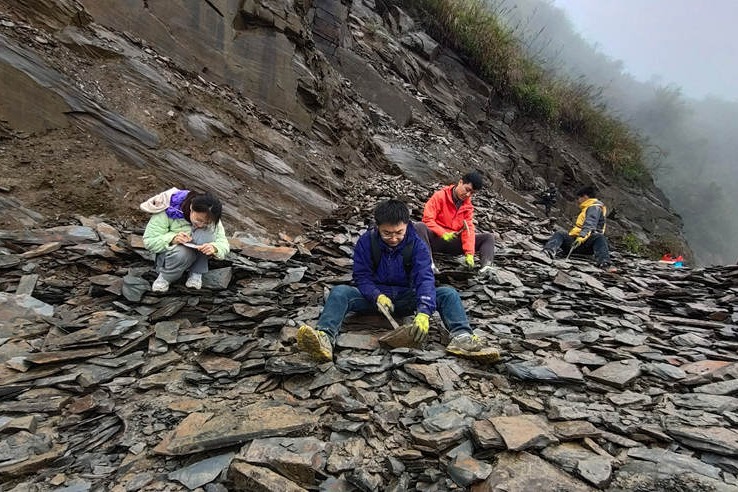Increased investment for scientific research reaps rewards, academician says

The central and local governments have increased investment for scientific research in the past two decades, which has supported researchers and improved academic performances, according to Xiang Tao, an academician at the Chinese Academy of Sciences and fellow of the World Academy of Sciences.
Born in Yichang, Hubei province, Xiang graduated from Tsinghua University before working overseas. He is now a professor at the Chinese Academy of Sciences' Institute of Physics.
"In addition to building national laboratories and reconstructing key laboratories at national level, Beijing has integrated its abundant resources to establish new types of institutions in frontier fields of science and technology, such as quantum computing," he said. "At the same time, the capital is more open to attracting talent and encouraging scientific exchanges.
"Beijing is dynamic in scientific research, as it attracts such talent in considerable numbers. More than 100 universities, including Tsinghua University and Peking University, over 40 research institutes affiliated to the Chinese Academy of Sciences, and many other research institutions are located in Beijing. They have attracted young talent to the capital from throughout the world."
Beijing has a long tradition of respecting knowledge and scholars. This, together with new policies introduced by the local authorities to boost research for science and technology, has created a positive and dynamic atmosphere for talented young scholars. In addition, the government's investment in science and technology offers a unique opportunity for scientists to carry out high-quality research without any disruption, Xiang said.
"In past decades, Beijing has made significant progress in many fields. I hope our young talent can seize this precious chance and rise to the challenge to make their contribution to advancing the sciences."
As a physicist, Xiang said China has made remarkable progress in physics research in the past 20 years. With Chinese physicists publishing a rising number of internationally influential works, China can now be classed among the leaders worldwide for physics research.
"However, if the country wants to lead this field, our talented young scientists need to break new ground and make more original achievements," Xiang said.
Duan Ling contributed to this story.
Today's Top News
- Nation gears up for Spring Festival rush
- Premier calls for stronger economic cooperation
- Xi, Starmer envision growth of ties
- Long-term, consistent comprehensive strategic Sino-UK partnership benefits both and world
- Xi calls on China, Britain to jointly advocate, practice true multilateralism
- Xi says China will never pose threat to other countries no matter how it grows






























